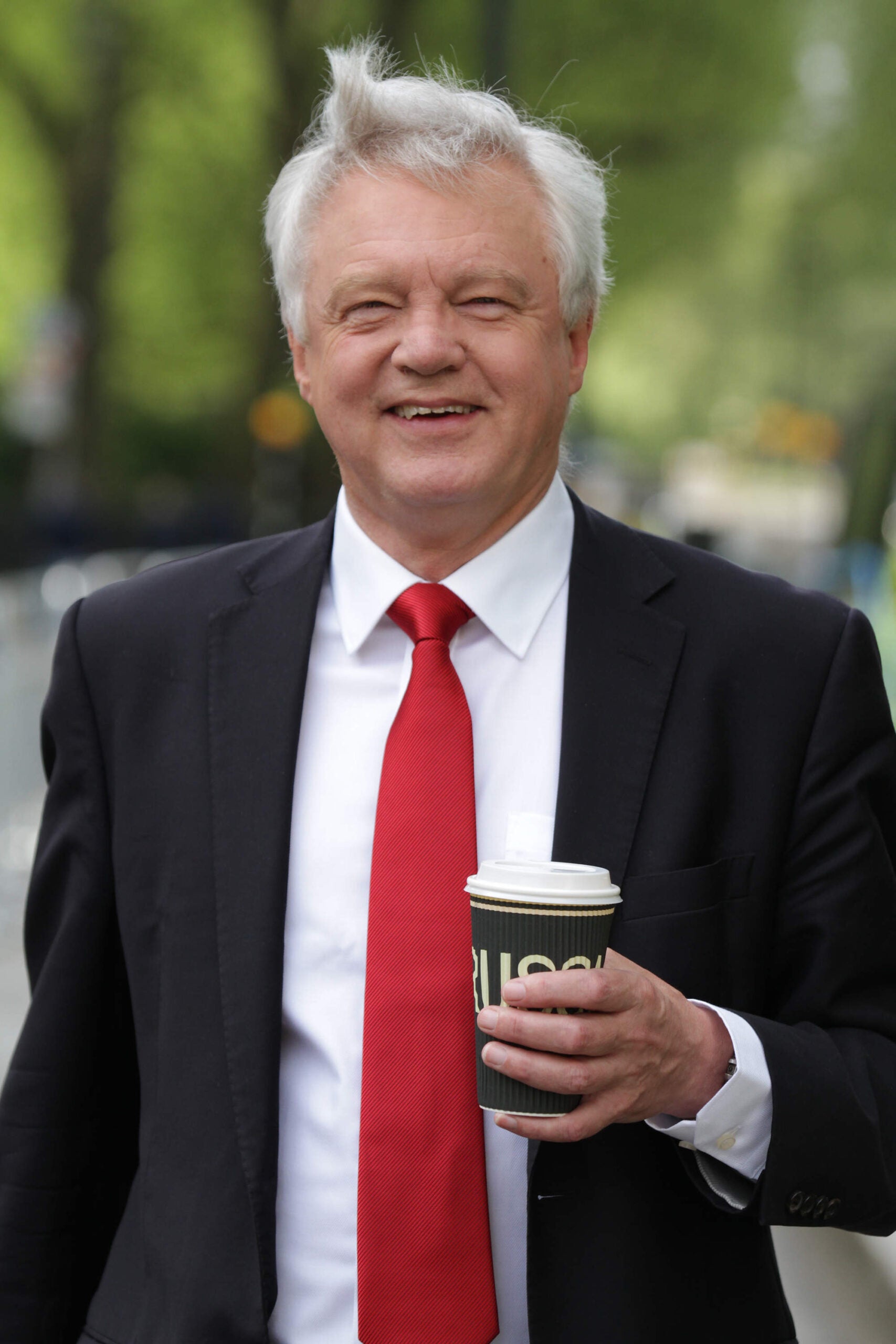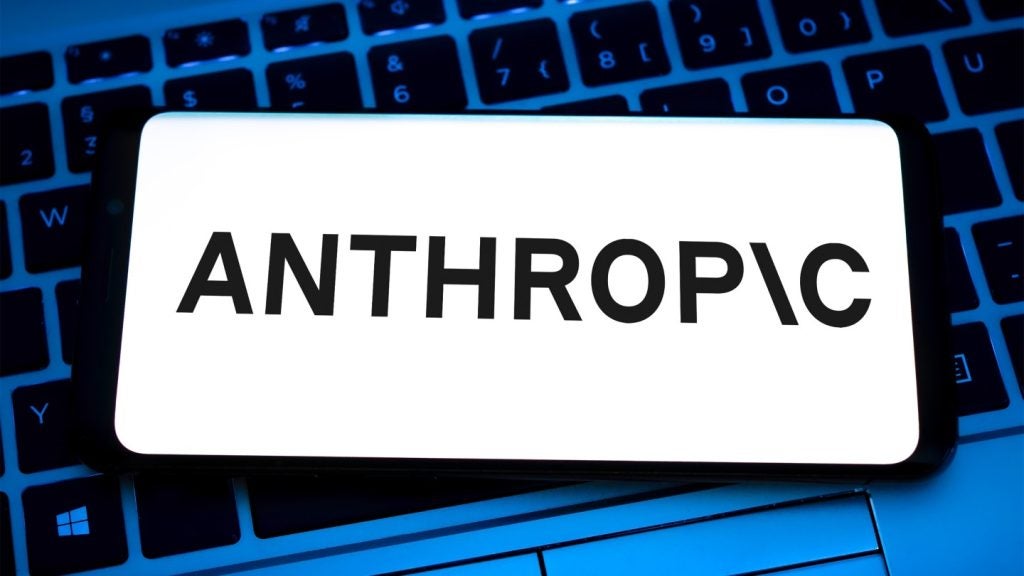
Last month, the British prime minister Theresa May triggered article 50, starting a two-year process for the UK’s formal departure from the European Union and bringing the Brexit negotiators to the fore.
Verdict takes a look at some of the key figures representing the UK in the ongoing negotiations with Brussels.
1. David Davis
David Davis was appointed as secretary of state for exiting the EU on 13 July 2016, returning to the cabinet for the first time since 1997.
Originally from York, Davis was educated at grammar school, before getting a job as an insurance clerk and joining the SAS reserve.
After his stint as a part-time soldier, he went on to study computer science at Warwick university, followed by a Master’s degree in business from the London Business School. His academic credentials led him to Tate and Lyle in 1973, the largest cane sugar brand in the UK, where he remained for 17 years.
However, he was always drawn to politics.
How well do you really know your competitors?
Access the most comprehensive Company Profiles on the market, powered by GlobalData. Save hours of research. Gain competitive edge.

Thank you!
Your download email will arrive shortly
Not ready to buy yet? Download a free sample
We are confident about the unique quality of our Company Profiles. However, we want you to make the most beneficial decision for your business, so we offer a free sample that you can download by submitting the below form
By GlobalDataThe 68-year-old was first elected to parliament as an MP for the Boothferry constituency in 1987 — the same year that the Single European Act established the single market.
He became the assistant whip in the Treasury in 1990 before becoming parliamentary secretary between 1993 and 1994.
Davis was handed the role of foreign office minister in 1994 and later took on a number of shadow cabinet roles after Labour won the election in 1997.
He was shadow home secretary from 2003 to 2008, but resigned from his post to fight a by-election amid a civil liberties row. He cited the “erosion of fundamental British freedoms,” as the reason for his decision to stand down at the time.
He twice tried to become Conservative leader — in 2001 and then 2005.
2. Sir Tim Barrow
Sir Tim Barrow, 52, was appointed as Britain’s EU ambassador after Sir Ivan Rogers’ controversial resignation January 2017.
At the time, Rogers publicly criticised the UK government’s handling of Brexit, urging fellow civil servants to provide impartial advice and stand up to “ill-founded arguments and muddled thinking”.
Foreign secretary Boris Johnson said Barrow, Evans’ replacement, was “just the man” to secure the best deal for the UK.
Educated at the universities of Warwick and Oxford, Barrow has held a number of senior roles in his 30-year political career.
Described by Downing Street as a “seasoned and tough negotiator”, he has high-level experience dealing with European issues.
He had two previous stints working as part of the UK’s Permanent Representation to the EU (UKRep) — the UK embassy in Brussels
Barrow was the UK ambassador to Moscow until 2015 and in March 2016 succeeded Sir Simon Gass as political director at the Foreign Office.
3. Oliver Robbins
As permanent secretary, Oliver Robbins, 41, will have responsibility for supporting the department in the negotiations to leave the EU and establishing the future relationship between the UK and EU.
Previously, Robbins was the second permanent secretary at the Home Office where he had responsibility for immigration and free movement policy.
After initially joining the civil service as a graduate, Robbins worked in departments ranging from HM Treasury to Downing Street.
Some of his most senior positions include his time as deputy national security adviser to former prime minister David Cameron and the UK’s National Security Council.
In all my dealings with him, he really embodied the essence of the impartial civil service, and he’s very popular,” said Labour peer Tessa Jowell, who worked with Robbins when she was cabinet office minister in Gordon Brown’s government, and also during his time as principal private secretary to then-prime minister Tony Blair.
4. David Jones
When David Jones was appointed as minister of state at the department for exiting the EU on 17 July 2016, he tweeted to say he was “honoured”.
After completing a law degree at University College London, Jones went on to become a senior partner at his own legal practice in Llandudno, a Welsh seaside resort.
His political career started when he was elected to parliament in 2005 as conservative MP for Clwyd West.
He then held a seat on the Welsh affairs select committee and was co-chairman of the associate parliamentary sustainable resource group.
He was also shadow minister for Wales from 2006 to 2010.
During the EU referendum campaign, Jones led the Welsh arm of Vote Leave.
Married with two children, he is an avid Liverpool football club fan.
5. Lord Bridges of Headley
George Bridges was appointed as parliamentary under secretary of state at the department for exiting the EU on 17 July 2016.
He was assistant political secretary to the prime minister John Major from 1994 to 1997. From 2004 to 2005 he was chairman of the Conservative research department, and he was the party’s campaign director from 2006 to 2007.
Alongside his political pursuits, he has also worked at The Times newspaper and in the commercial broadcasting sector, helping to set up the country’s digital terrestrial television network.
He ran Quiller Consultants, a strategic communications consultancy between 2010 and 2013 before becoming senior adviser to Ana Botin, group executive chairman of Banco Santander, until 2015.
Lord Bridges is a trustee of the Foundation Years Trust, which tackles child poverty and is a board director of think tank the Centre for Policy Studies.
He is currently married with three children.







